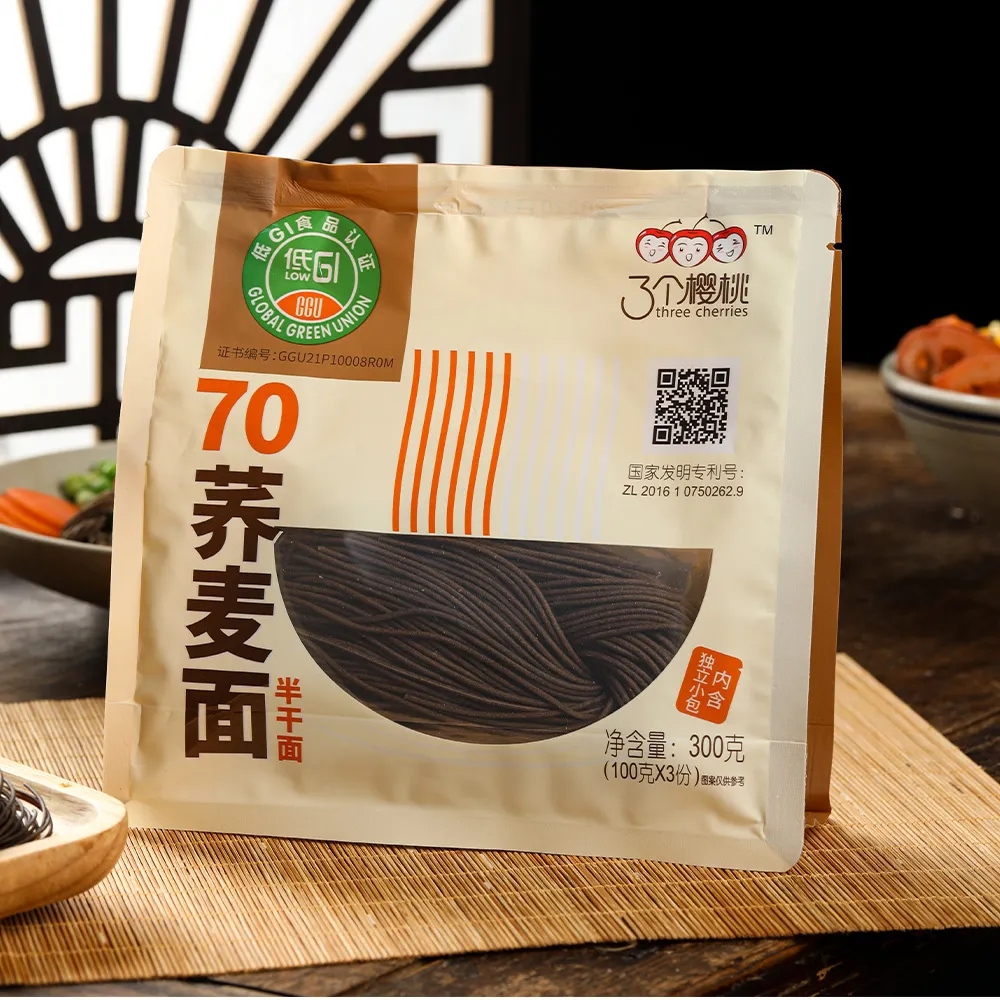are instant noodles healthy
Are Instant Noodles Healthy?
Instant noodles have become a staple in many households around the world. Their convenience, affordability, and long shelf-life make them an attractive option for busy individuals, students, and families alike. However, the question of their healthiness often arises. Are instant noodles truly healthy? To answer this question, we must consider their nutritional composition, potential health implications, and ways to enhance their nutritional value.
Nutritional Composition
Instant noodles are primarily made from refined wheat flour, which means they are high in carbohydrates but low in essential nutrients such as fiber, vitamins, and minerals. A typical serving of instant noodles often contains around 350 calories, with little to no protein and a minimal amount of dietary fiber. Furthermore, many brands contain a significant amount of sodium, which can range from 600 to 1,200 milligrams per serving. This high sodium content can contribute to health issues such as hypertension and cardiovascular diseases if consumed excessively.
Additionally, many instant noodle products are fried during processing to enhance flavor and texture, which increases their fat content, particularly unhealthy trans fats. Although some brands now offer non-fried alternatives, the overall nutritional profile of instant noodles remains less than ideal.
Health Implications
Consuming instant noodles regularly can be linked to several health concerns. Research indicates that frequent consumption of these noodles may lead to metabolic syndrome—a cluster of conditions that increase the risk of heart disease, stroke, and diabetes. A study published in a prominent journal found that young adults who consumed instant noodles more than twice a week exhibited a higher risk of developing various health issues, including obesity and insulin resistance.
are instant noodles healthy

Moreover, instant noodles often lack nutritional balance and can lead to poor dietary habits. Relying on them as a meal replacement may result in shortages of essential nutrients, contributing to deficiencies that can affect overall health and wellbeing.
Enhancing Nutritional Value
While instant noodles may not be the healthiest option on their own, there are ways to make them more nutritious. One effective method is to add fresh vegetables. Incorporating leafy greens, bell peppers, carrots, or broccoli not only boosts the fiber content but also provides essential vitamins and minerals that are often lacking.
Protein is another critical nutrient that is often insufficient in instant noodles. Adding sources of protein such as boiled eggs, tofu, chicken, or shrimp can enhance the meal's nutritional profile. This combination not only improves the overall healthiness of the dish but also helps promote satiety, keeping you fuller for longer.
Furthermore, reducing the sodium content is key to making instant noodles healthier. Instead of using the flavoring packet that comes with the noodles, consider using low-sodium broth or homemade sauces to control the amount of salt and fat. Spices and herbs can also be used to increase flavor without the need for unhealthy additives.
Conclusion
In summary, while instant noodles are undeniably convenient and have their place as a quick meal option, they are not the healthiest choice on their own. Their lack of essential nutrients, high sodium, and potential negative health implications make them a less-than-ideal staple in a balanced diet. However, by creatively enhancing instant noodles with vegetables, proteins, and healthier seasonings, it is possible to transform them into a more nutritious meal. As with any food, moderation is key. Enjoying instant noodles occasionally and making informed choices about how to prepare them can help maintain a healthy lifestyle, all while appreciating the convenience they offer.
-
Unleash Your Inner Chef with Delectable Italian Pasta CreationsNewsAug.01,2025
-
Savor Health and Flavor: Irresistible Soba Noodles for Sale Await!NewsAug.01,2025
-
Nourish Your Body with Premium Organic Ramen - A Culinary Delight AwaitsNewsAug.01,2025
-
Elevate Your Dishes with Our Exquisite Kinds of Egg NoodlesNewsAug.01,2025
-
Dive into Flavorful Convenience with Our Ramen OfferingsNewsAug.01,2025
-
Discover Exquisite Types of Naengmyeon and Chilled Soba NoodlesNewsAug.01,2025
-
Is Whole Wheat Pasta Healthy?NewsMay.30,2025
Browse qua the following product new the we

















































































































